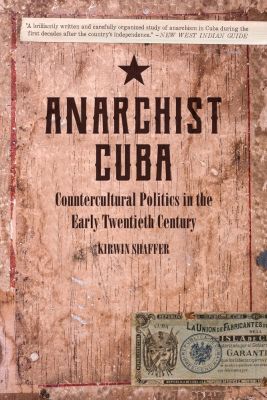This is the first critical, in-depth study of the anarchist movement in Cuba in the three decades after the republic's independence from Spain in 1898. Kirwin Shaffer shows that anarchists played a significant - until now little known - role among Cuban leftists in shaping issues of health, education, immigration, the environment, and working-class internationalism. They also criticised the state of racial politics, cultural practices, and the conditions of children and women on the island. This important book places anarchism in its rightful historical place as a vital current within Cuban radical political culture.

